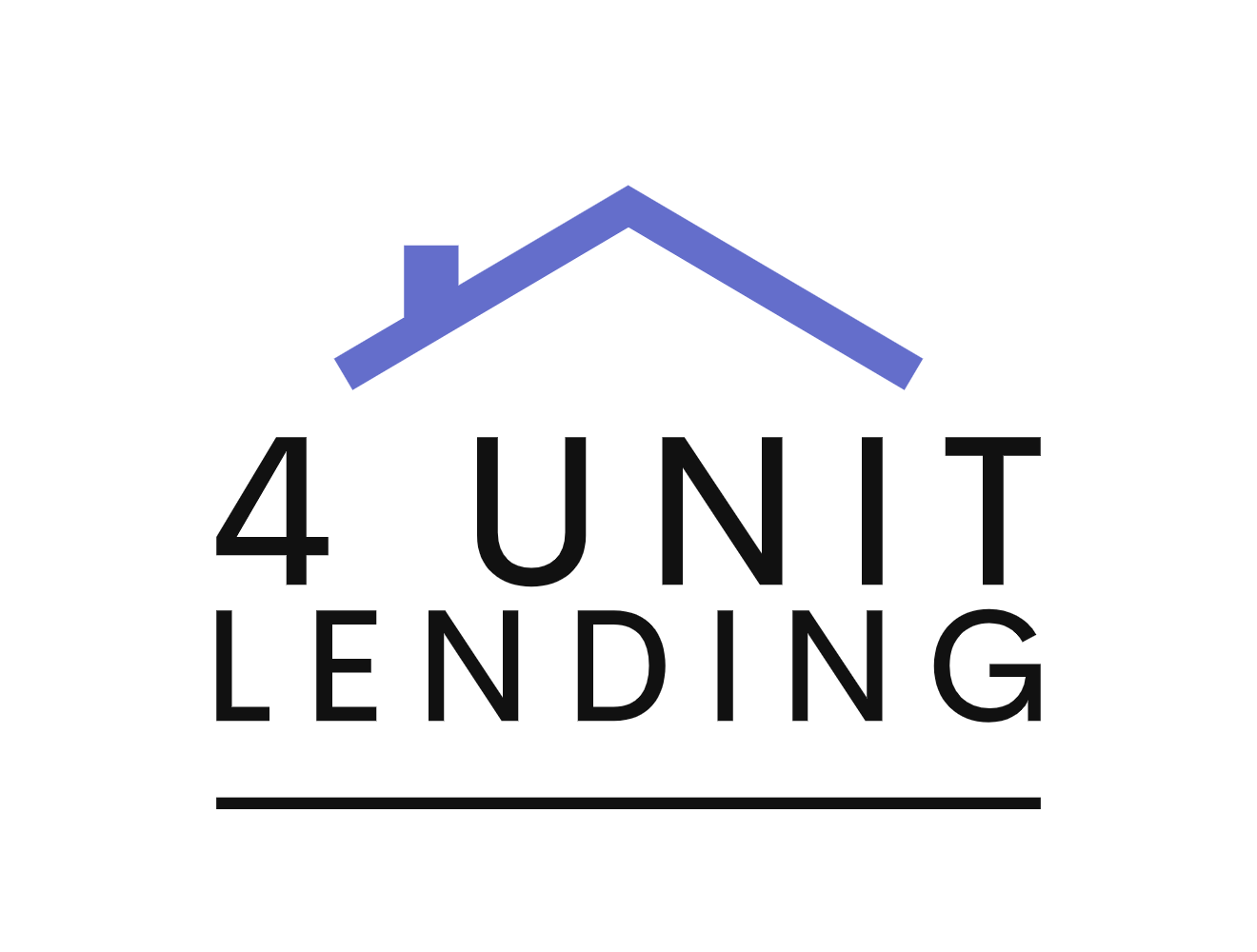Key takeaways
Under the Equal Credit Opportunity Act, lenders can’t discriminate against applicants because of their age.
As a result, older people — like those in other age groups — can get mortgages and other home loans if they meet a lender’s approval criteria.
However, older adults may find it harder to qualify for home financing if they have a limited income, existing mortgage or other debt.
We often think of homebuyers as young people — newlyweds and couples with small children — but baby boomers actually make up the majority of those buying a home in the U.S. This is despite the fact that, according to recent studies, older adults face higher rejection rates for home lending products than younger borrowers. That means, if you’re looking to secure a mortgage or borrow against your home as an older person, it’s important to carefully assess your credit and finances early in the process.
Here’s everything you need to know about getting a mortgage later in life.
Key statistics on older adults and mortgages
Roughly two-thirds of adults who own a home have a mortgage, according to data from the U.S. Federal Reserve.
The median mortgage payment for purchase loan applicants is $2,205, as of February 2025, according to the Mortgage Bankers Association (MBA).
Baby boomers carry an average of $194,334 in mortgage debt — the second-lowest balance, behind the Silent Generation, according to 2024 data from Experian.
At 53 percent, baby boomers account for the largest cohort of home sellers, according to 2025 data from the National Association of Realtors. They also account for the largest cohort of homebuyers, at 42 percent.
More than 40% of people report that paying for housing negatively impacts their mental health, according to Bankrate’s May 2023 Financial Wellness Survey.
Delaware is the best state to retire to in 2024, according to Bankrate’s Best and Worst States to Retire study. West Virginia, Georgia, and South Carolina also rank highly. The worst states to retire include Alaska, Washington and New York.
Can you get a mortgage as an older person?
Yes. When it comes to getting a home loan or other home financing, mortgage lenders aren’t supposed to take your age into account. The Equal Credit Opportunity Act makes it unlawful to discriminate against a credit applicant because of age — along with race, religion, national origin, sex and marital status.
Lenders can ask your age on applications, but only for the purpose of gathering demographic data, as specified by the Home Mortgage Disclosure Act (HMDA). The information is supposed to be confidential and not used to approve or deny the applicant.
“The same underwriting guidelines apply to retirees and seniors as does to everyone else,” says Michael Becker, branch manager and loan originator at Sierra Pacific Mortgage in Lutherville, Maryland. “They must have the capacity to repay the loan — that is, have the income and assets to qualify.
“I once did a 30-year mortgage for a 97-year-old woman,” he says. “She was lucid, understood what she was doing and just wanted to help out a family member [by taking] some cash out of her home, and had the income to qualify and the equity in the home — she owned it free and clear. So she was approved.”
Is qualifying for a mortgage harder for older adults?
Despite laws prohibiting lending discrimination on the basis of age, it can still be challenging for older people to qualify for financing. According to a 2023 research paper out of the Federal Reserve Bank of Philadelphia, the rejection rate for mortgage applications rises steadily as people age. A 2021 study published by the Urban Institute had similar findings, noting that rejection rates for home financing for those 65-74 were nearly seven percentage points higher in some years than the denial rates for people under 65.
This is often for a few reasons:
Older Americans may be retired and have fixed incomes and, because of this, some may have higher debt-to-income (DTI) ratios than borrowers who are still working.
Lenders may take a borrower’s life expectancy into account, according to the research from the Federal Reserve Bank of Philadelphia — especially if a senior is applying for a 30-year mortgage.
How to qualify for a mortgage in retirement
When an older borrower applies for a mortgage or another type of home financing, lenders look at the same financial criteria as they do for any other borrower, including credit history and score, DTI ratio, income and other assets.
Credit score
Here are the minimum credit scores needed based on loan type:
Loan type
Minimum credit score
Conventional loans
620
FHA loans
580 with 3.5% down payment, 500 with 10% down payment
VA loans
No minimum requirement, but generally 620
USDA loans
No minimum requirement, but generally 640
Bear in mind that having the minimum score can allow you to qualify for a loan, but you won’t get the best interest rates the lender has to offer. For a conventional loan, for example, you’d need a score of 740 or higher to nab a more competitive rate.
You can check your credit reports for free each week by visiting AnnualCreditReport.com.
DTI ratio
Calculate your DTI ratio using this formula:
DTI = Monthly debt payments (including mortgage or rent) / monthly gross income x 100
Some lenders allow a DTI ratio as high as 50 percent, but most prefer you spend less than 45 percent of your monthly income on debt payments, including your mortgage.
Income verification
Besides what’s required to prove your identity, you’ll need to supply documentation about your income. If you’re still earning an income — and many older adults are, according to the recent Bankrate Retirement Savings Survey — that includes paystubs, W-2s and tax returns.
If you’re retired, it might include:
Income source
Documents
Social Security
Copies of benefit verification, proof of income or proof of award letter, statements and/or tax returns
Pension
Copies of retirement award or benefit letter statements and/or tax returns
401(k), IRA and Keogh distributions
Copies of statements and/or tax returns
Interest and dividends income
Copies of statements, 1099s and/or tax returns
Annuities
Copies of statements and/or tax returns
Rental property income
Copies of tax returns and/or current lease agreement
Disability
Copies of disability policy and/or benefits statement
“Generally, two months’ of bank statements are needed to show those payments being deposited into the retiree’s account,” says Becker. “Since there is no paycheck, the bank statements serve the same purpose. The deposits have to match what the forms show.”
Investment income — capital gains, dividends, distributions and interest — is reported on your tax return. For the income to be used to qualify you for the loan, you’ll need to provide two years’ worth of returns.
“If the retiree has retirement income that is nontaxable, like … tax-exempt interest, that income can be ‘grossed up,’ or increased 15 to 25 percent, depending on the loan product, to help qualify for the loan,” says Becker.
Should you get a mortgage in retirement?
In general, it’s best to avoid taking on more debt in retirement, when your income might not be as high as it once was. Using your retirement savings to pay down your mortgage can make it difficult to enjoy a comfortable retirement lifestyle and cover costs like medical bills.
Be sure to consider your spouse or partner when deciding to get a mortgage or borrow against your home. If one of you were to die during the loan term, would the survivor be able to repay the loan? Take into account your life insurance and other financial support you can count on.
However, you may be in a position to take on a mortgage or other home-related debt if:
You’re still working and expect to continue earning at your current level or higher for long enough to make a substantial dent in your mortgage balance.
You’re retired, but you can afford a substantial down payment and, ideally, a 15-year mortgage. Your monthly payment will be higher than with a 30-year mortgage, but your interest rate will likely be lower.
Keep in mind that, while your monthly payment may be fixed, the costs of insurance, property taxes and utilities, as well as routine maintenance, are likely to increase, which will take an extra bite out of your retirement savings.
As with people of all ages, having a budget, limiting expenses and accurately accounting for income expectations are key.
— Mark Hamrick, Bankrate Senior Economic Analyst
Home lending options for older people
Older adults and retirees have the same mortgage options as any borrower, with one exception. Here are nine types to consider:
Conventional loan: You can find conventional mortgages from virtually every type of lender, in terms ranging from eight to 30 years. If you’re making a down payment of less than 20 percent, you’ll need to pay private mortgage insurance (PMI) premiums.
FHA, VA or USDA loan: These government-insured loans might be easier to qualify for than a conventional mortgage. You can only get a VA loan if you or your spouse has served in the military, however, or a USDA loan if you’re buying in a USDA-approved area.
Cash-out refinance: With a cash-out refi, you’ll get a brand-new mortgage and cash out some of your home’s equity in a lump sum.
Home equity loan: A home equity loan is a lump-sum loan, usually with a fixed rate, fixed monthly payments and a term between five and 30 years. You’ll typically need at least 20 percent equity to qualify.
Home equity line of credit (HELOC): A HELOC is a variable-rate product that works similarly to a credit card: You’re given a line of credit to draw on as needed. You’ll have a certain number of years to draw the money, and then a certain amount of time to repay the loan.
Reverse mortgage: A reverse mortgage is a loan taken out against your current home, in which a lender pays you monthly installments; these must be repaid, or the home surrendered to the lender, when you die or move out. To qualify, you must be at least 62 years old, own your home outright — or close to it — and live in the home as your primary residence. You’ll also have to pay for the property taxes, homeowners insurance, HOA fees, if applicable, and other upkeep on the home.
No-document mortgage: A no-doc mortgage doesn’t require income verification. It’s an uncommon product, but it can be an option for borrowers who have irregular income.
Bank statement loan: A bank statement loan allows borrowers to qualify for a mortgage using bank statements instead of tax returns or W-2s.
Asset-based loan: Also called asset-depletion loans, these products qualify you for financing based on your assets, such bank and investment account balances.
FAQ
What counts as income for a mortgage loan as an older person?
Can you get a mortgage with only Social Security?
Are there special mortgages for retirees?

